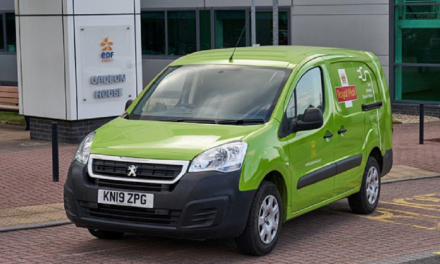
Bulk of First-Class Post to be moved by road
Royal Mail is to scale down dramatically its use of trains to transport first-class post in a move that could cost Britain’s biggest railfreight company millions of pounds.
The changes, part of Royal Mail’s transport strategy review, have caused a row about the performance of the freight company, English, Welsh and Scottish.
The cash-strapped mail operator will switch the movement of most first-class post from rail to roads – using its own 40,000-strong vehicle fleet – and will use EWS services for second-class items and long-distance, overnight, bulk first-class mail. The strategy should save Pounds 100m over the next three years, followed by Pounds 90m a year, and improve Royal Mail’s record for first-class deliveries.
Paul Bateson, managing director of logistics, said: “This will mean fewer trains handling more mail.” But trains would continue to be an important part of Royal Mail’s transport strategy.
On average, Royal Mail delivers 82m items each day – typically two-thirds are second-class and one-third first-class post.
The switch will increase the proportion of mail carried by train from 14 per cent to 18 per cent but “on a simpler timetable, using fewer trains”.
This is expected to cut significantly the value of the mail operator’s contract with EWS, which is worth Pounds 65m a year. This represents 15 per cent of EWS’s 2001 turnover of Pounds 500m, making Royal Mail one of the company’s biggest clients. EWS has been hit badly by disrupted services in the Channel tunnel since invasions of the Frethun terminal in northern France by asylum seekers from the Sangatte refugee centre. The company only ran up to 40 per cent of normal service for more than a year.
The 10-year contract, due to expire in 2006, will now be renegotiated earlier and the companies are discussing new terms.











